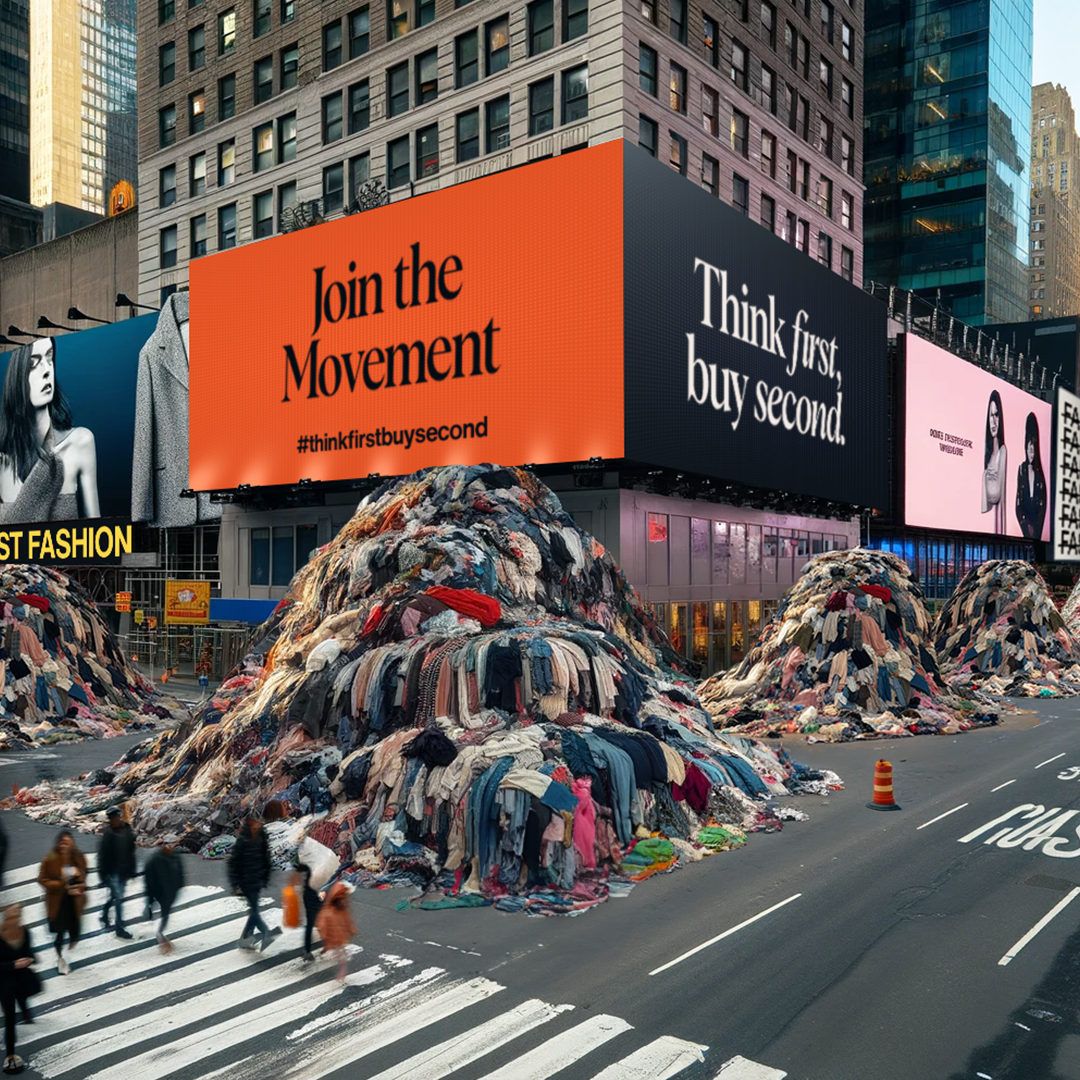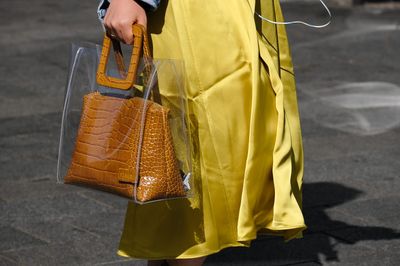In a bold initiative addressing the growing issues of overproduction and overconsumption, Vestiaire Collective has taken a big stand against fast fashion by banning it from its platform.
Chief impact officer Dounia Wone says that fast fashion brands contribute to excessive production and consumption. "This results in devastating social and environmental consequences in the Global South. It is our duty to act and lead the way for other industry players to join us in this movement, and together we can have an impact.”
In November 2022, the Paris-based resale platform announced fast fashion brands would no longer be bought, sold or listed on its site to change the way people consume. In the second phase of a three-year plan, major fast fashion brands such as GAP, H&M, Mango and Uniqlo have been added to the platforms list of banned brands.
To decide which brands should be banned, the platform gathered a group of industry experts, including Orsola de Castro, co-founder of ethical fashion lobby group Fashion Revolution, Eva Kruse, chief global engagement officer of Pangaia and founder of sustainable fashion non-profit Global Fashion Agenda, and Rachel Cernansky, Senior Sustainability Editor at Vogue Business. The experts also put together a list of criteria for determining whether brands contribute to “fuelling overproduction and overconsumption” — and therefore qualify as fast fashion, by Vestiaire’s definition.
Vestiaire and the experts also defined what fast fashion is for them, with key elements including very low prices, frequent collection updates, a broad product range, intensive and frequent promotional periods, and a swift production cycle. With these definitions, the platform has banned a further 30 brands in the second phase of their three-year plan.


